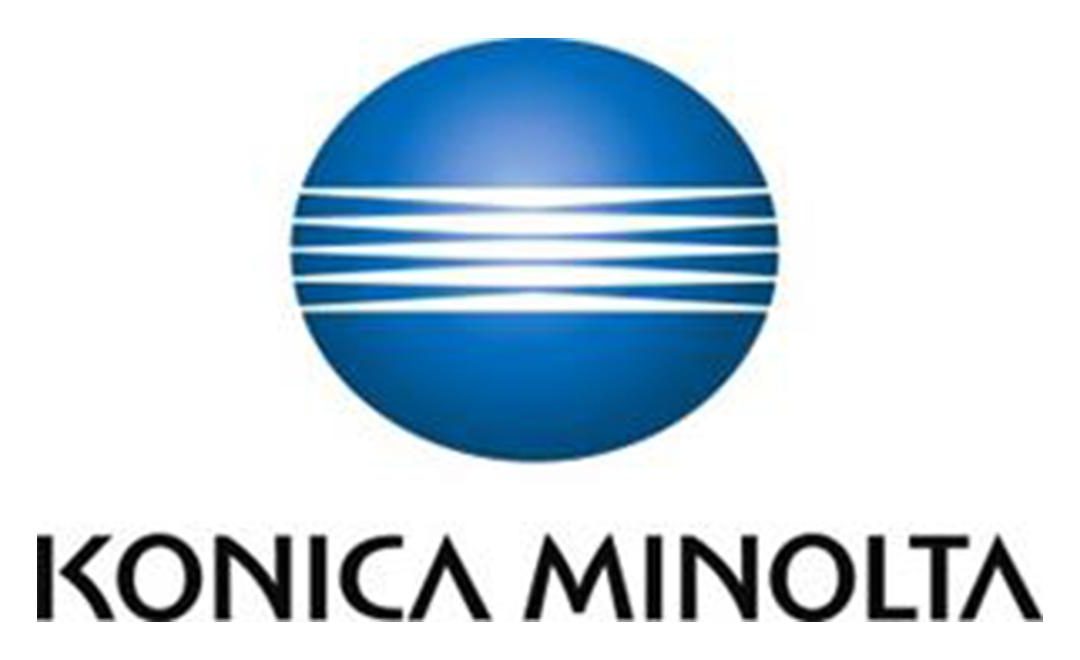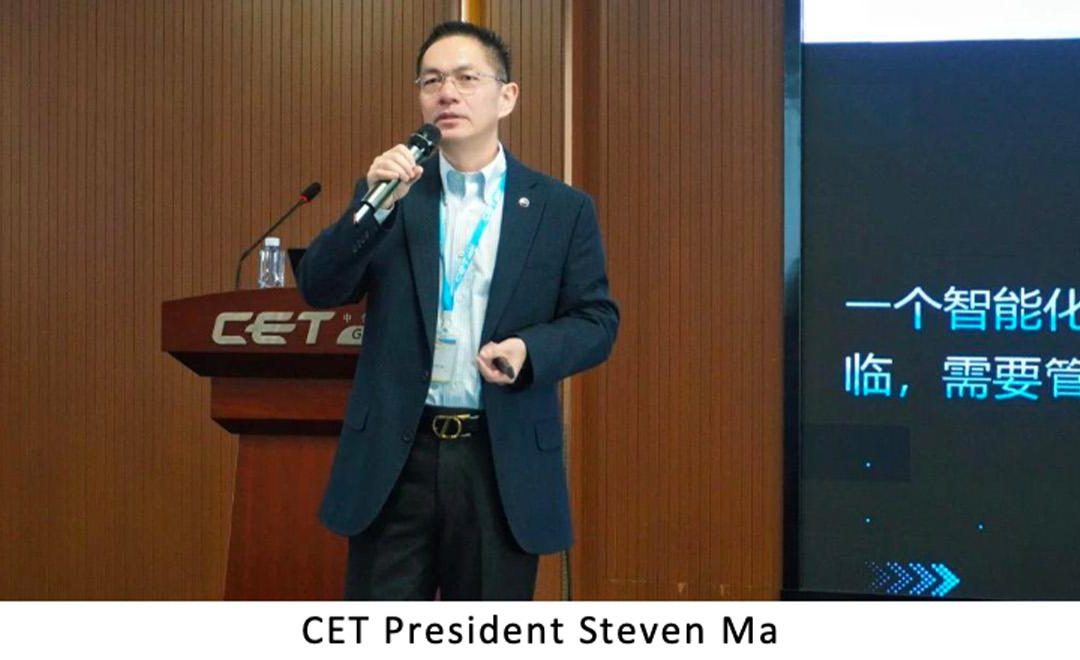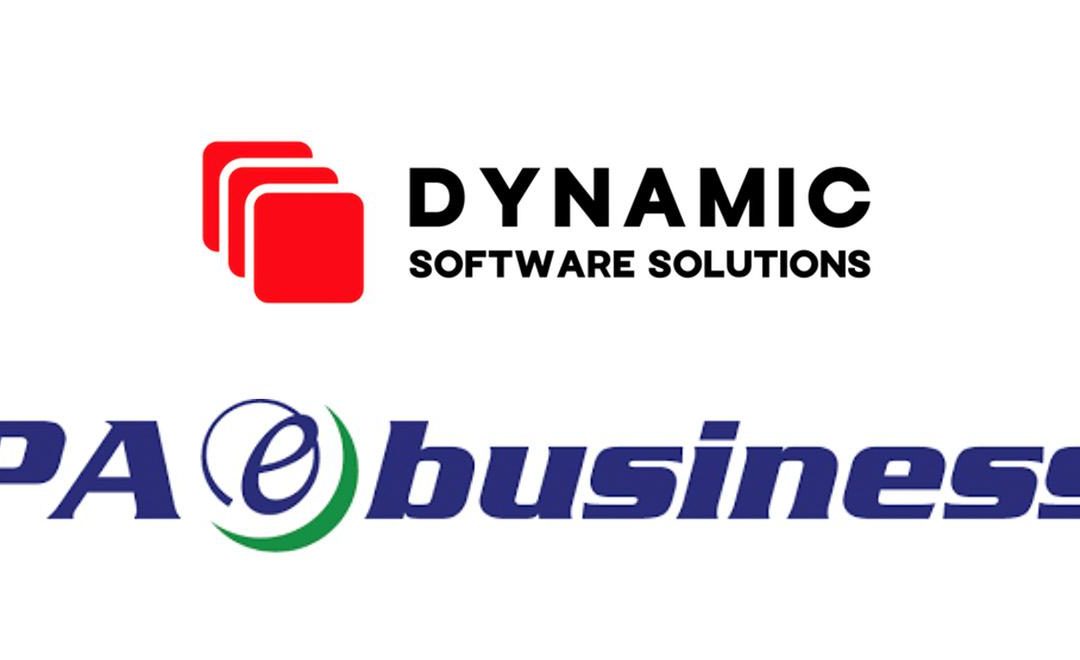 Despite the growing awareness of environmental issues, consumers remain oblivious to the risks posed by non-compliant consumables. As the impact of these products on the environment and human health increases, urgent action is needed to address this overlooked problem.
Despite the growing awareness of environmental issues, consumers remain oblivious to the risks posed by non-compliant consumables. As the impact of these products on the environment and human health increases, urgent action is needed to address this overlooked problem.
A recent investigation into the sales of non-certified paper reveals the disregard for certified alternatives and the environmental consequences of using non-compliant consumables. While consumers prioritise eco-friendly paper choices, they fail to recognise the more significant threat posed by single-use consumables. Even environmentally conscious individuals are unaware of the Waste Electrical and Electronic Equipment (WEEE) problem and the risks associated with non-compliant clones.
This article delves into the reasons behind this market disruption, including OEM behaviours and delayed sensitivities toward WEEE. The dominance of China as the primary manufacturing origin for consumables further compounds the issue. Regulatory breaches and misleading claims of “eco” and “safe” products raise concerns, highlighting European authorities’ need for stricter enforcement. The article concludes with a call to action, urging consumers to question their choices and demand sustainable alternatives to eliminate polluting and hazardous consumables from the market.
In a powerful reference to Bruce Lee’s philosophy, the fight against environmental challenges has been likened to becoming fluid. Recent research into the sales of non-certified paper has revealed their irrelevance compared to certified alternatives, such as eco-label or Forest Stewardship Council (FSC) certified paper, which prioritize environmental sustainability.
While most consumers know the potential environmental impact of paper production, they often overlook the significance of single-use consumables and fail to fully understand the depth of the Waste Electrical and Electronic Equipment (WEEE) problem. This lack of awareness was evident during a recent session on Circular Economy, where even environmental graduates did not fully grasp the issue’s magnitude. WEEE, which should be a cause for concern, is often regarded as just another waste stream lumped together with plastic, garbage, and metals.
The question arises: Why does this “irrelevance” persist in our sector? Even environmentally conscious customers seem to overlook the impact of consumables on the environment. Moreover, are they aware that using non-compliant clones risks their health?
Several drivers contribute to this market disruption and misbehaviour, with OEM behaviours playing a significant role. Some OEMs withhold information from customers to maintain their competitive advantage in the consumables market. They employ various strategies to undermine consumable reuse and make sustainable purchasing nearly impossible. This behaviour is reminiscent of the oil-burning industry, which admitted its knowledge of global warming since the 1970s but continued to operate without regard for the environment.
Cast your mind back to a time when OEM copier dealers confidently propagated the notion that their equipment could only achieve peak performance if paired exclusively with OEM brand paper. This historical approach fostered a reliance on non-compliant paper, disregarding sustainable alternatives. However, as we progress into an era marked by environmental awareness and technological advancements, it becomes imperative to challenge the validity of these claims, a legacy of OEM copier dealers’ misleading statements and their impact on both the environment and equipment performance.
Another factor is the delay in the sensitivity of concern regarding WEEE. Unlike paper, which has a long history and a clear understanding of its origin and environmental impact, WEEE is often overlooked. However, by 2040, WEEE will have a more significant impact than all forms of global transport combined.
Lastly, the manufacturing origin plays a crucial role. While paper can be produced anywhere with forests, wood, or paper pulp, consumables predominantly originate from China. Increasingly, consumers are becoming aware of the importance of quality certification and transparency, just as they have done with protective health gear.
Recently, some products have been advertised as “Eco” and “Safe,” raising concerns about regulatory breaches and misleading information. As someone with over 20 years of experience in the sector, it is clear that the powers of environmental authorities have been limited. Environmental offences are often met with lenient penalties for manufacturers.
However, this is about to change. The Directorate-Generals for Internal Market, Industry, Entrepreneurship, and SMEs (DG GROW) and Competition (DG COMP) are poised to intervene and re-establish a fair single market. With them, the risk assessment landscape will change, and the imposition of sanctions will no longer be taken lightly.
Yet, any analysis would be incomplete without introspection. We must reflect on our ability to convey the right message and focus on more than just price. The challenge lies in raising customer awareness and transforming it into an increasing demand to eliminate polluting, non-compliant, and hazardous consumables from the market—much like what the paper industry achieved several years ago.
While European regulation will play a crucial role in achieving this goal, it is incumbent upon us to reach out to customers and pose a simple question: If a non-certified paper is unacceptable due to its environmental risks, why would you accept a much higher risk for the environment and your health by using non-compliant consumables?
The time has come to prioritize environmental sustainability and align our actions with our knowledge. Only through collective efforts can we tackle the pressing issue of non-compliant consumables and safeguard our planet for future generations.




